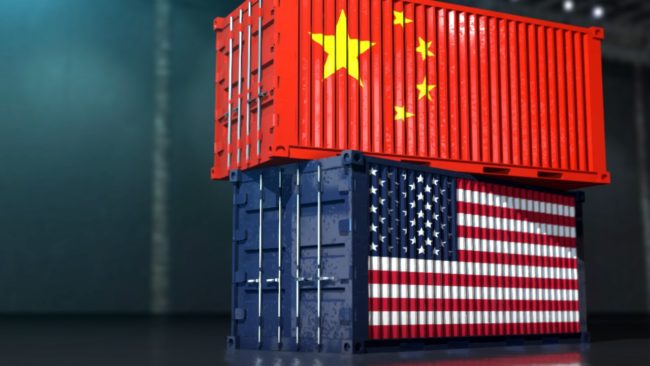“He will win who knows when to fight and when not to fight” – Sun Tzu
“No battle plan ever survives contact with the enemy.” – Helmuth von Moltke
It has become increasingly clear that the Chinese leadership has been caught off guard by the erratic trade policies of the Trump administration. Beijing’s recent refusal to sit down for continued talks on the trade war are indicative of a calculation by Beijing that there may be very little upside in engaging with the Trump administration but several potential pitfalls.
We often hear commentators describe China as being forward planning strategic thinkers, playing “Go” while the rest of the world plays “Checkers” but the reality is that policy makers in China are torn on how to respond to Trump’s unpredictability and weary of making a miscalculation.
The reality is that “China” is singular in name only; it may be a one-party state but that masks the vast array of opinions, factions and power politics within the party and the country at large. The policy responses to the trade war that are open to China and the financial and political constraints around those responses are bringing to the fore a schism within the party that President Xi had hoped to contain.
On one side there’s the more hard line nationalist party officials who have prospered under Xi’s rule. Their belief is that it is imperative that China stand up to the United States and avoid an embarrassing retreat. The ‘century of humiliation’ is over after all and there is a growing sense that that this point should be emphasized.
The other side of the schism are those Officials who worry that outright confrontation with the United States could result in dire economic consequences for a Chinese economy that is dangerously over leveraged, a stock market that is down 21% year to date and a Renminbi that is suffering from capital outflows and a potential current account deficit, the first in 17 years.
Both sides recognize that political stability is the ultimate consideration but where they differ is in the capacity for Beijing to maintain control in the face of huge economic upheaval. Many officials have drawn confidence from the success of Beijing’s efforts to ratchet up controls on dissent in recent years and buoyed further by a long history of successful suppression of political dissension. Their view is that politics trumps economics. Others however fear that the very legitimacy of the Communist party has rested on the economic growth the party has been able to provide and a sudden downturn in economic fortunes could be catastrophic for the ruling party.
It should also be noted that not all officials we have spoken with this month fall into one or the other camps; there is are a number of other factions forming around this issue and President Xi will have a hard time reconciling all of them. We think his strategy will be to bring the negotiations directly under his purview. In the meantime, we expect more of the same tactical avoidance from Beijing while they make their calculations.
